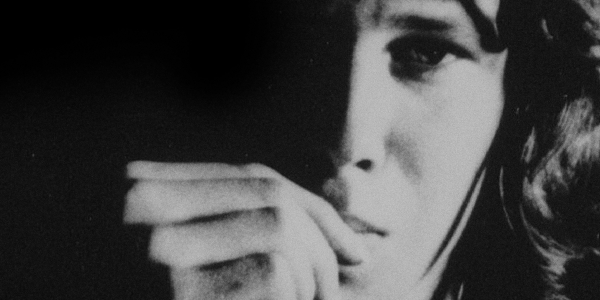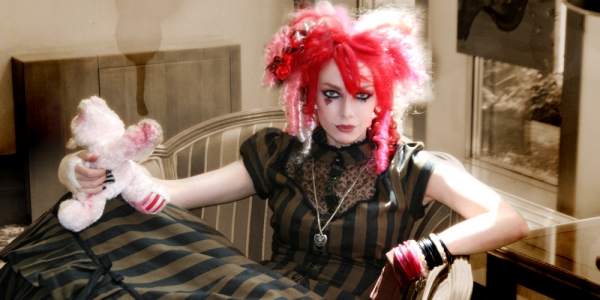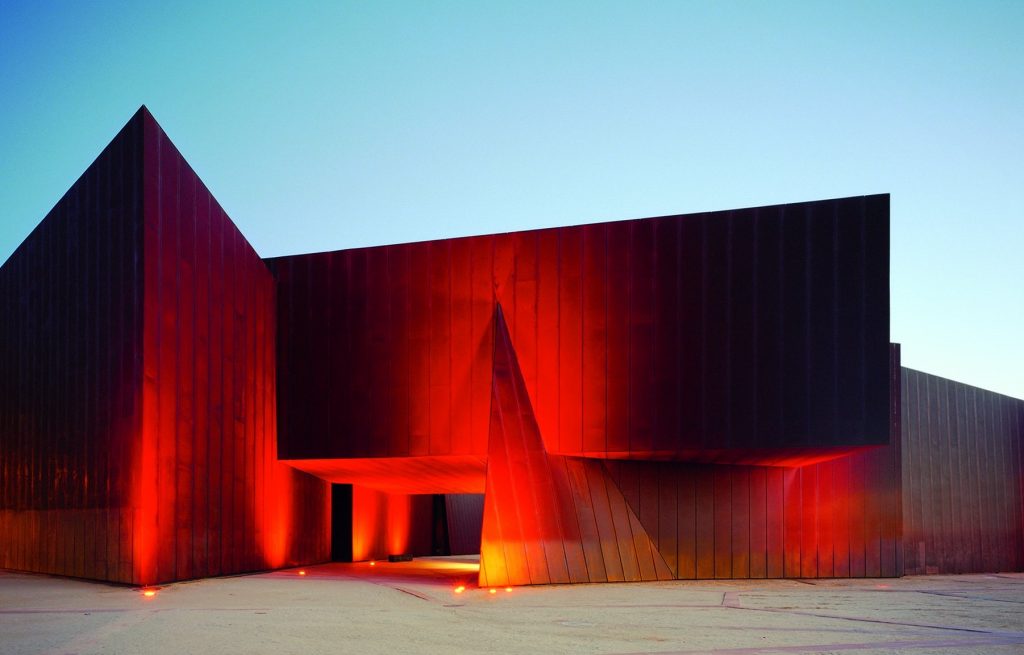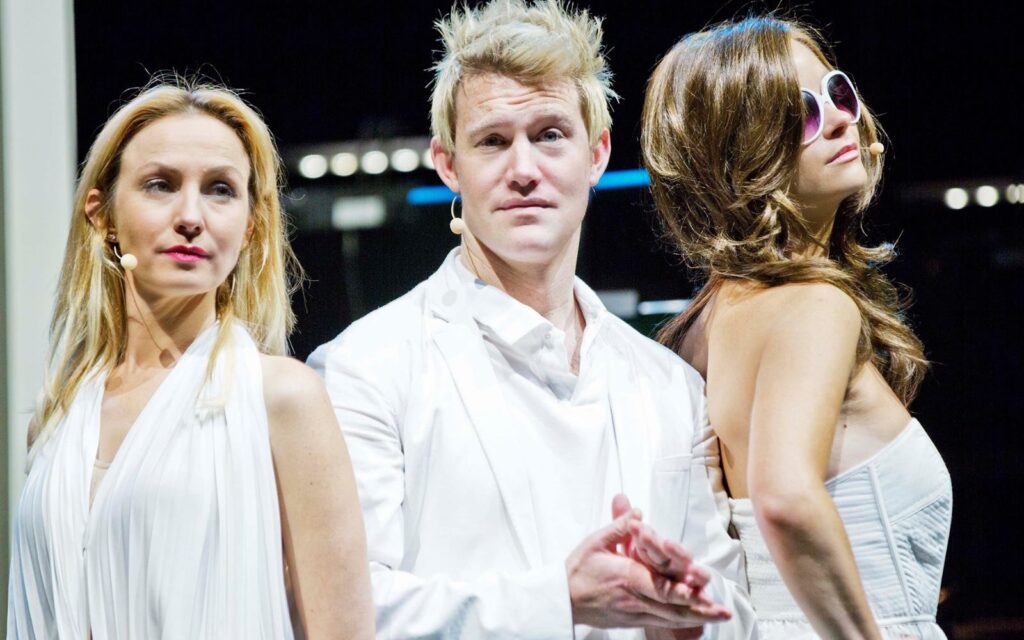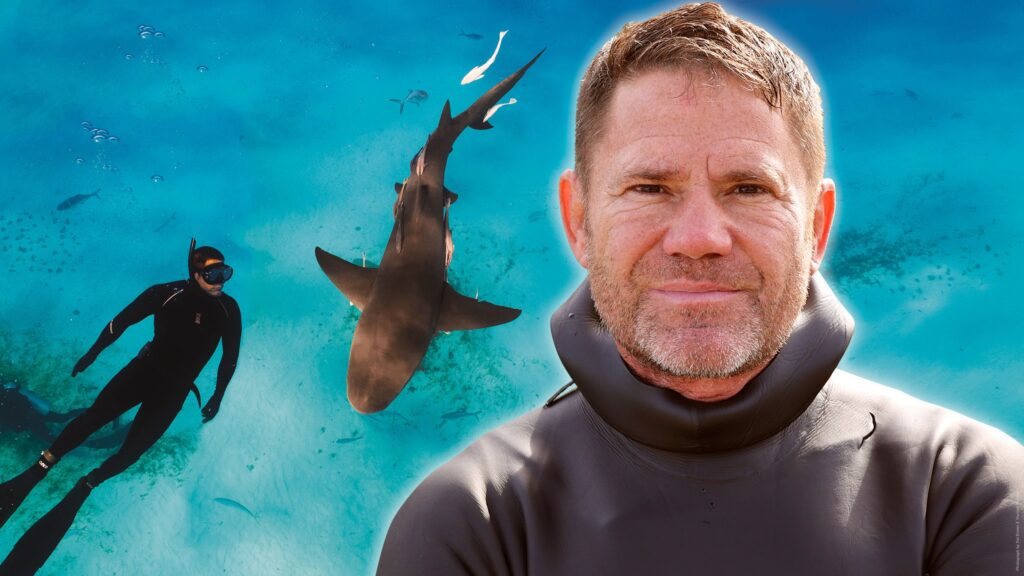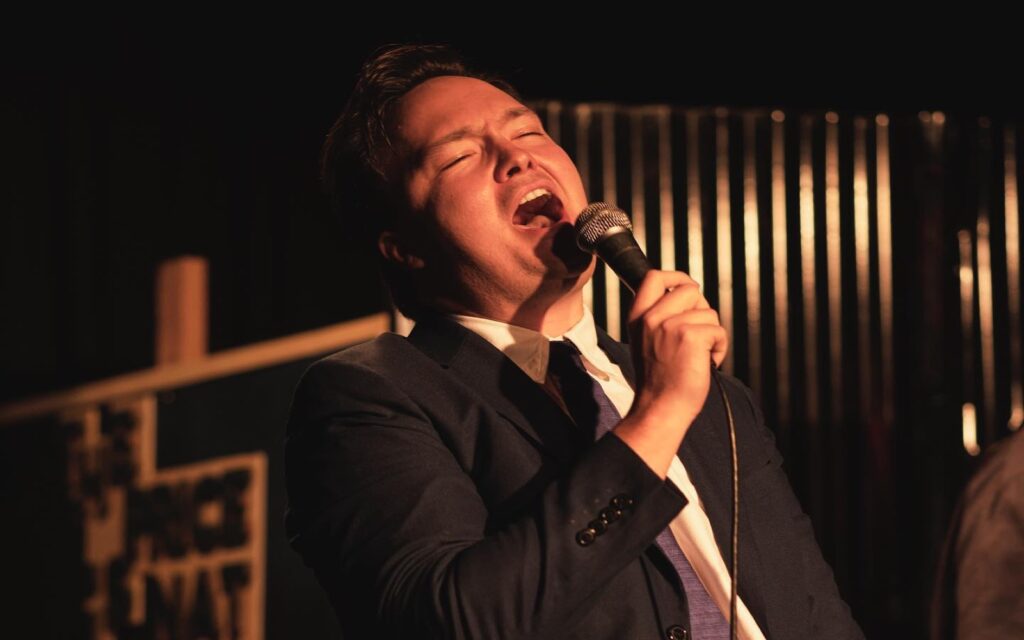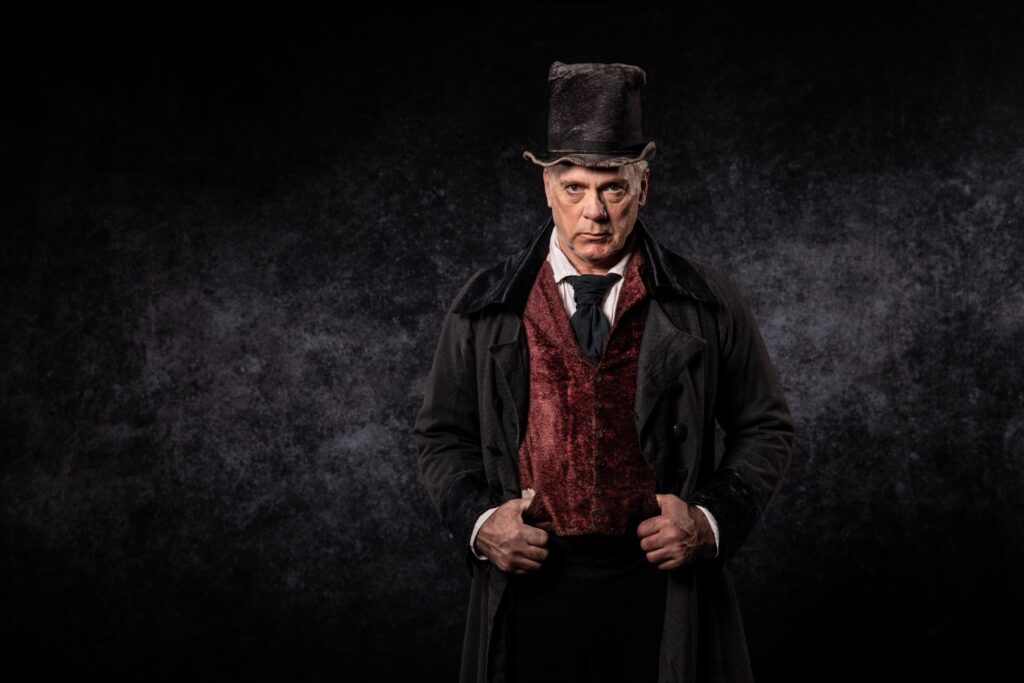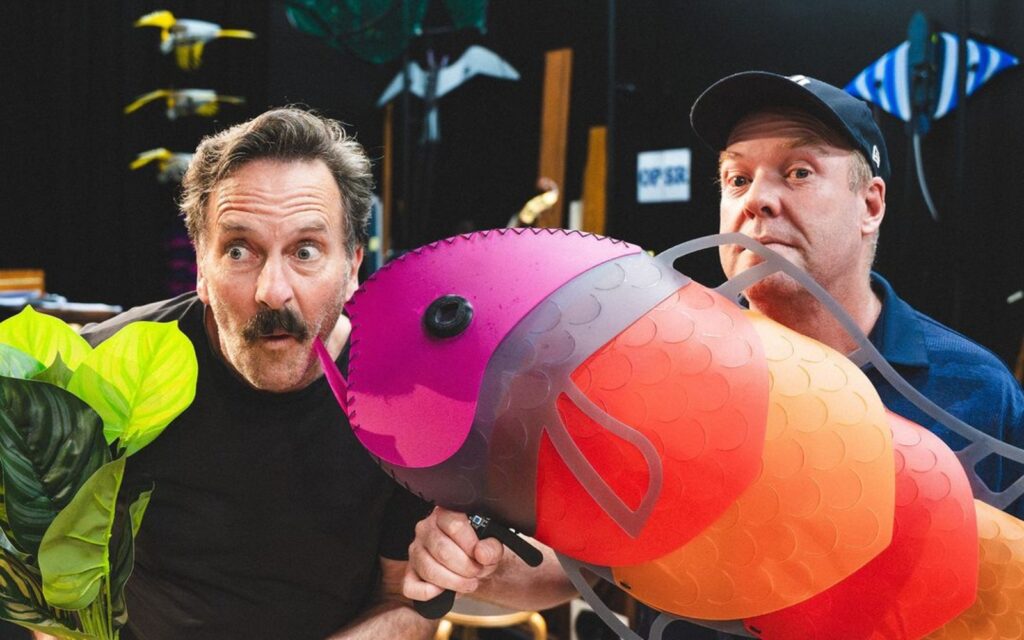Boyd went onto produce Drake’s first two albums, Five Leaves Left and Bryter Layter. At the time Drake’s appeal was limited to the English folk circuit; notoriously shy, Drake had no interest in taking to the road to promote his record. In the studio, Boyd says, Drake was also less than effusive – not that that mattered when it came to capturing his music. “He was still quite reserved, but he really enjoyed himself,” Boyd says. “After a while I stopped listening to what he was doing, and I concentrated on the other musicians because what Nick did was always perfect,” he says. “He did open up after a while, but you still had this sense that you had to prod him to speak.”
Drake went onto one release one more album, Pink Moon, before dwindling completely from the public eye. In 1974, aged just 26, Drake died of an overdose of anti-depressant medication. Over 35 years later, and Boyd suggests the lack of commercial attention paid to Drake’s material may have exacerbated the singer’s fragile psychological condition. “I think what I saw in the studio was that he was very shy,” Boyd says. “I think maybe if the first record had been more successful then maybe he wouldn’t have had those psychological problems – I think the fundamental problem was that he knew he was good, but no-one else seemed to realise it,” he says.
While certainly far from a household name, Drake’s reputation has grown over the years, with a legion of fans sprouting across the world. Critiques of Drake’s music have tended to focus on the literary quality of his lyrics – a symptom of Drake’s educational background and his intense interest in literature – almost at the expense of the complexity of his music. Boyd agrees Drake appeared to use his lyrics to make sense of his immediate surroundings. “Lots of his songs are about friends having active lives,” Boyd says. “There is a lot of observation – you can definitely see in Nick’s lyrics that he’s standing outside, watching. There aren’t many songs that are first person passionate,” he says.
As for Drake’s musical abilities, Boyd notes that he regularly receives demo tapes from singers obviously influenced by Drake; it’s only rarely, however, that Boyd can discern the “musical complexity” of the legendary folk singer. “The reason people like it is that it’s sophisticated and complex,” Boyd says.
Robyn Hitchcock formed his first band, The Soft Boys, a couple of years after Drake’s death. At the time Hitchcock was swept up in the attitude and intensity of punk; Hitchcock had heard a Drake compilation in the early 1970s, but by 1976 Hitchcock admits Drake’s music was “too soft and jazzy for my teenage years”. Twenty years later and Hitchcock was given a tape compilation of Drake songs and he decided it was time to revise his adolescent assessment. “I think one of the reasons that his music works now is that it didn’t work then,” Hitchcock says. “His music is very complex, and it was never psychedelic – when he first appeared psychedelia was in full flower, and it was all about effects. But Drake was a lot more sober than all of that,” Hitchcock says.
Hitchcock is one of the artists travelling to Australia to perform in Way To Blue: The Songs of Nick Drake. Curated by Joe Boyd, with musical direction from Kate St John and featuring rediscovered folk singer Vashti Bunyan, former Scritti Politti lead singer Green Gartside and double bassist and original Drake collaborator Danny Thompson, Way To Blue aims to explore aspects of Drake’s songwriting not previously exposed.
Boyd brought a prototype of the show to life about 12 years ago, before being asked to revive the show in Birmingham in 2009. “We worked harder and better, and the concert was great, and everyone loved it,” Boyd says. “We were invited to do it again, so we did a few more dates, and we’ve done it about eleven times now.” When looking for suitable artists to perform in the show Boyd was deluged with musicians nakedly influenced by Nick Drake; what Boyd was actually looking for was musicians who could bring another dimension to Drake’s work. “With a lot of people who were proposed initially you could hear the influence of Nick in the singing and guitar,” Boyd says. “But we’ve gone in the opposite direction – you can hear a different side of Nick, which I think enhances his songs,” he says.
Hitchcock is proud of being part of a show that celebrates the “richness of Drake’s music … its subtlety, complexity and depth”. “These days I hear a lot of records that appear to have Drakisms in sound and vocal inflection,” Hitchcock says. “I think one of the great things that his music did – like all great music – was increase the possibilities,” he says.
